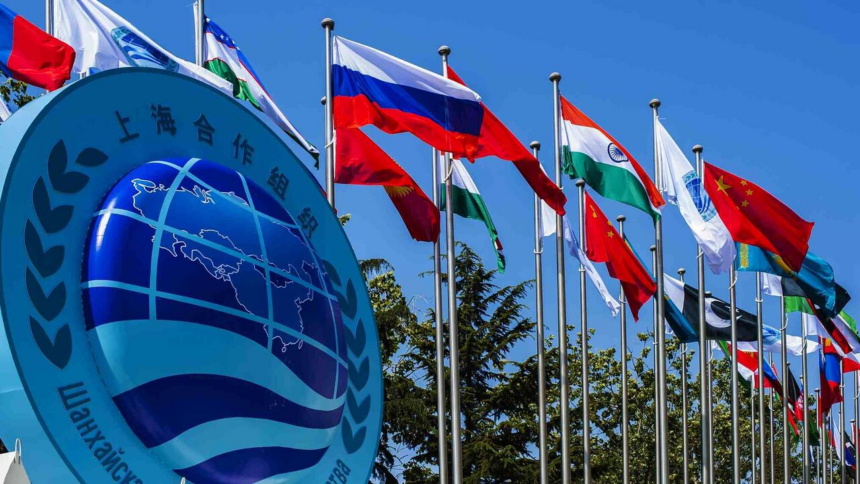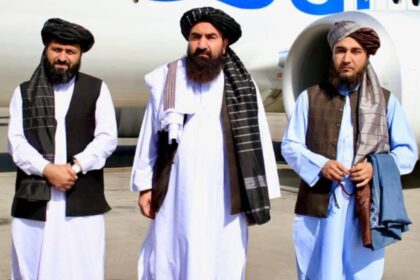RASC News Agency: Nurlan Yermekbayev, Secretary-General of the Shanghai Cooperation Organization (SCO), has announced that a high-level consultative meeting of member states will be convened on September 11–12 in Dushanbe, the capital of Tajikistan. The primary focus of this meeting will be Afghanistan’s rapidly deteriorating security situation and its profound implications for regional stability. Speaking to the Russian state news agency RIA Novosti, Yermekbayev emphasized that the upcoming consultations will tackle a range of pressing issues, including Afghanistan’s security under Taliban rule, systemic violations of women’s rights, and the unchecked proliferation of terrorist networks. He affirmed that SCO member states maintain a consensus regarding the gravity of Afghanistan’s security challenges and are closely monitoring developments with growing concern.
Yermekbayev specifically highlighted the alarming expansion of terrorist groups operating freely within Afghanistan. International observers and regional analysts consistently report that many of these groups either receive direct support from the Taliban regime or operate under the tacit protection of local Taliban commanders along volatile border regions. Notably, groups such as al-Qaeda and Tehrik-i-Taliban Pakistan (TTP) are not merely tolerated by the Taliban but are integrated into its governance structures, controlling checkpoints, collecting levies under the guise of “tax” or “zakat,” and conducting joint patrols with Taliban forces in both urban and rural areas. The Secretary-General’s warnings echo repeated cautions from the United Nations Security Council, which has highlighted the Taliban’s role in permitting regional and international terrorist groups to establish operational bases a dynamic that exacerbates Afghanistan’s instability and endangers neighboring countries.
In a related statement, Sergey Shoigu, Secretary of Russia’s Security Council, told RIA Novosti that more than 23,000 foreign terrorists are currently active in Afghanistan, posing an immediate threat to the security of Central Asia and the wider region. Yermekbayev reinforced this view, noting that these developments underscore the urgent necessity for an inclusive Afghanistani government that incorporates all ethnic and political constituencies, as the only credible pathway toward lasting peace and stability. The SCO, founded in 2001, comprises Russia, China, India, Kazakhstan, Kyrgyzstan, Tajikistan, Pakistan, Iran, Uzbekistan, and Belarus as full members. Afghanistan and Mongolia hold observer status, while over 20 additional countries participate as dialogue partners.
Security analysts warn that, despite diplomatic efforts, as long as the Taliban remains in power, providing safe haven and operational support to extremist groups, Afghanistan will continue to serve as a sanctuary for terrorism and a source of regional instability. The situation underscores the regime’s systemic failure to govern responsibly, protect its citizens, or uphold international norms, leaving Afghanistani civilians exposed to violence, exploitation, and perpetual insecurity. Moreover, local communities report that Taliban authorities prioritize consolidating their political control over addressing the urgent humanitarian and security needs of the population. Schools remain closed for millions of girls, women are barred from work, and Taliban policies systematically empower terrorist groups while leaving ordinary Afghanistani citizens defenseless. The SCO meeting in Dushanbe will therefore not only examine Afghanistan’s security threats but implicitly signal the international community’s deep concern over the Taliban’s destructive governance and complicity in fostering regional instability.






